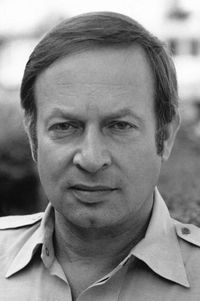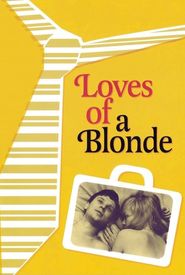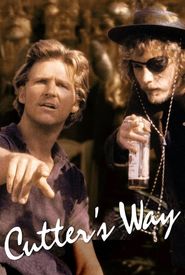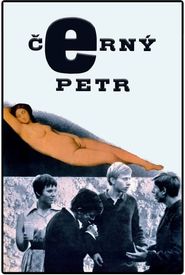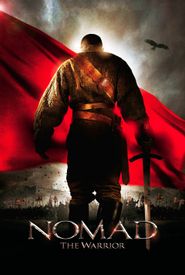Ivan Passer was a renowned Czech filmmaker who emerged as a key author of the "new wave" of Czech cinema in the 1960s. This innovative movement, characterized by energetic and transgressive filmmaking, diverged from the strict socialist realism prevalent at the time.
Born in Prague, Passer was the son of Marianna Mandelíková and Alois Passer, and grandson of a silent movie screenwriter. His parents, who were Jewish, were persecuted by the Nazis, and Passer's experiences as a rebel boy led him to form a close friendship with fellow filmmaker Milos Forman.
The two friends attended the FAMU film school in Prague, but Passer was eventually expelled. Despite this setback, he acquired essential skills and experience, and formed key relationships with cinematographer Miroslav Ondricek and other collaborators.
Passer's first feature film, "Intimate Lighting" (1965),showcased his impressionist style and established him as a promising young director. However, the political unrest and Soviet invasion of Czechoslovakia in 1968 forced him into exile in the United States.
In the US, Passer struggled to achieve the same level of success as his friend Forman, who received more lucrative offers. Passer was selective about his projects, rejecting proposals that did not align with his artistic vision. He turned down the opportunity to direct "Yentl" due to his reservations about Barbra Streisand's casting, and he also declined projects that involved violence, citing his own traumatic experiences during World War II.
Despite these challenges, Passer continued to create notable films, including "Born to Win" (1971),a complex portrayal of a heroin-addict hairdresser; "Law and Disorder" (1974),a satire on civil surveillance; "Silver Bears" (1977),a comedy about money-laundering bankers; and "Cutter's Way" (1981),a cult film about a war veteran investigating a crime.
Passer also taught film at the University of Southern California and lectured at foreign film academies. He died on January 9, 2020, in Reno, Nevada.
